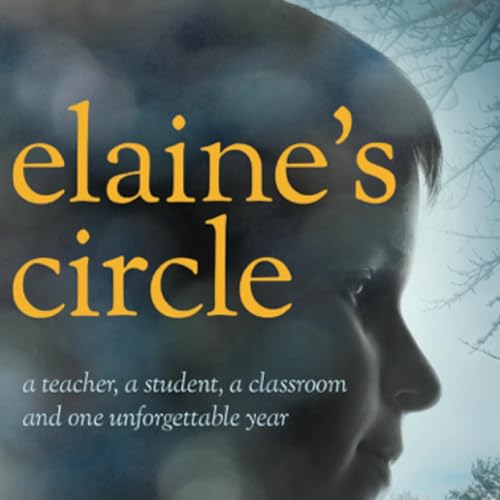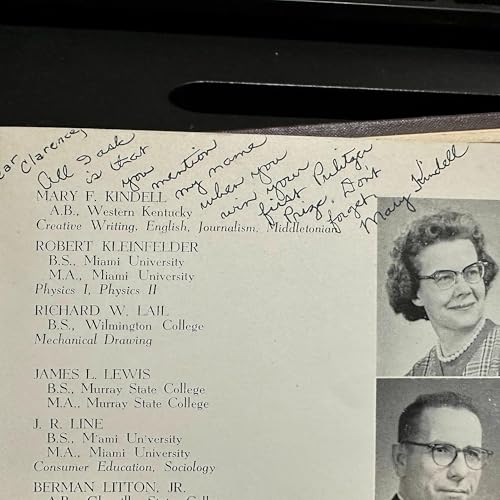“You can take all of my belongings. You can make me carry my life in a trash bag. I can be homeless. You can even take my family from me if that's what you must do, but you can't take Monica from Monica.” Those are the words of Monica Juliana, a high school student from West Virginia who endured an especially challenging upbringing, the kind that would have prevented most children from succeeding in school. “A lot of my childhood was bouncing around, living in cars, panhandling for money while my dad was in jail. We lived in a U-Haul for a little bit. I would say I was a backwards child. I mean, I didn't speak for the first couple of years of my life,” Monica recalled. But a veteran math teacher named Susan McMichael took notice of an intriguing new 8th-grade student at her middle school. “Even though it was less than a minute encounter with Monica, the way she held herself, the way she walked across the room, I felt something special there,” Susan said. Soon, she would take Monica in as a foster child and eventually adopt her. “I always worked especially hard with the girls,” Susan said. She would tell them, “You are important, but you need an education to get you through life.” Noting that many girls don’t want to appear smarter than their male counterparts, Susan would say, “‘You're just as good as the boys. Don't dumb down'…I challenged them to be shining…I always looked toward those girls who had that special quality.” When asked if she worried about being smarter than the boys, Monica replied, “Oh, I don't mind at all. I take quite a lot of pleasure in it, actually.” Monica didn’t just excel in math, but in all of her subjects. With unwavering support from Susan and an insatiable desire to learn, Monica exceeded most everyone’s academic expectations. Except perhaps her own and Susan’s. She was named valedictorian of her graduating class of 2025 and received a full-ride scholarship to Georgetown University in Washington, D.C., where she will major in Government and minor in Economics. “My identity very early on just happened to be with learning,” Monica said. “I was curious, sometimes too curious. People would be like, ‘Monica, shut up. You're asking too many questions.’ I loved to read…that, very early on, was something that was really special. It was really my way of escaping, my way of preserving who I was and asserting myself in the world.” The world is lucky to have Monica. The world is also lucky to have teachers like Susan McMichael.
Show More
Show Less
 56 mins
56 mins Jun 13 202525 mins
Jun 13 202525 mins May 12 202530 mins
May 12 202530 mins 41 mins
41 mins 38 mins
38 mins 41 mins
41 mins 51 mins
51 mins Apr 9 202424 mins
Apr 9 202424 mins
